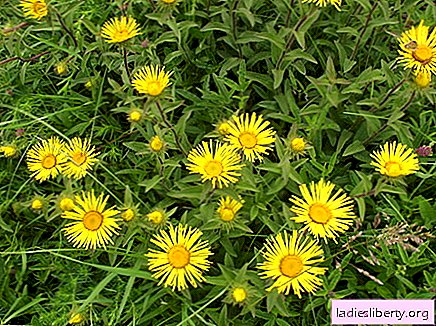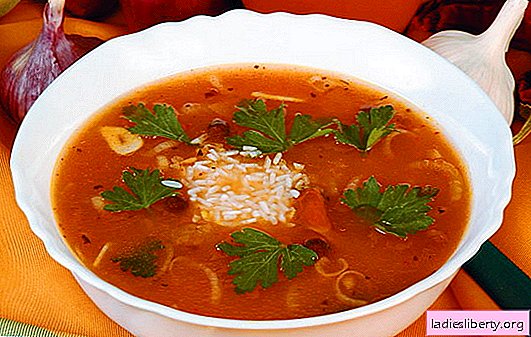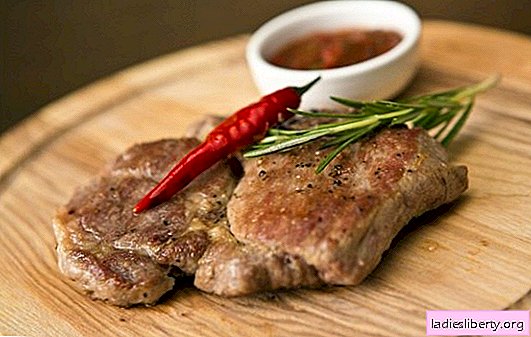
Elecampane - a general description
Elecampane is a perennial herb of the aster family with a short fleshy rhizome and a hairy stem that can reach a height of 2 m. During flowering, which lasts from July to September, golden yellow flowers appear in it, collected in a few baskets. The fruit of elecampane is an oblong brown achene, ripening in August - October.
Elecampane - types and places of growth
Today, there are up to 100 species of elecampane. The main places of its growth are Asia, Europe and Africa; in Russia, it is found in the central part and on the territory of Western Siberia. Medicinal is elecampane high.
Elecampane - healing properties
The healing properties of elecampane were known in ancient times. Healers have successfully treated people in Ancient Greece, Ancient Rome, Tibet, China and India, and the very name he says is elecampane, a herb of nine forces, which he respected among Slavic doctors.
Indications for the use of Elecampane are respiratory tract diseases (bronchitis with increased secretion of thick viscous sputum, cough), gastritis, liver and gall bladder diseases, hemorrhoids, irregular menstruation, rheumatism and diabetes mellitus. It has a powerful antimicrobial and anthelmintic effect, especially with ascariasis. Traditional medicine recommends the use of tincture of elecampane root to treat palpitations, headaches, epilepsy, whooping cough and to prevent premature birth. In combination with burdock root, elecampane root is used in the treatment of rheumatism.
Elecampane - dosage forms
The roots and rhizomes of elecampane are used as medicinal raw materials. Their roots, washed in water, are cut into pieces from 10 cm to 20 cm long, dried for several days in the open air, and then dried in a warm, well-ventilated room. You can store the resulting raw materials for no more than 3 years.
Elecampane - recipes
Decoctions, infusions, tinctures, powders and ointments are prepared from the root and rhizome of elecampane.
For the treatment of colds, flu, pulmonary tuberculosis, severe cough, pertussis, bronchial asthma, it is recommended to use a decoction of elecampane, for the preparation of which 2 tbsp. l pour 1 glass of water into the roots, then, after boiling in a water bath for about half an hour, cool and filter. Take the drug three times a day before meals half a cup.
For the treatment of gastrointestinal diseases, an elecampane infusion is prepared, for which 1 tsp. crushed raw materials are poured into a glass of boiled cold water and insisted for about 10 hours, and then filtered and drunk in small portions throughout the day.
With sclerosis, tincture from elecampane root is used, for which 1 tbsp. l raw materials are poured 100 gr. alcohol (70%) and insist about 8 days, periodically shaking. Having stretched, take three drops three times a day before meals.
With eczema and itching of the skin, treatment is carried out with elecampane ointment, for the preparation of which 1 tbsp. l chopped root is cooked for about 15 minutes with 5 tablespoons of unsalted lard, then filtered hot and stored in the refrigerator. Lubricate the affected area every day until the condition improves, after which the affected area continues to be washed with a warm decoction of the root.
Elecampane - contraindications
Contraindications to the use of elecampane preparations are serious diseases of the cardiovascular system, various pathologies of the kidneys, atherosclerosis and pregnancy. In order to avoid side effects when using elecampane, you should first consult your doctor and strictly observe the indications for the manufacture and use of drugs.
If the recommended dose is exceeded, poisoning is possible, the main symptoms of which are salivation, general weakness, inhibition of cardiac activity and breathing up to a coma. In this case, urgent hospitalization of the patient is necessary.
Comments











